Europe energy woes raise concerns in Switzerland
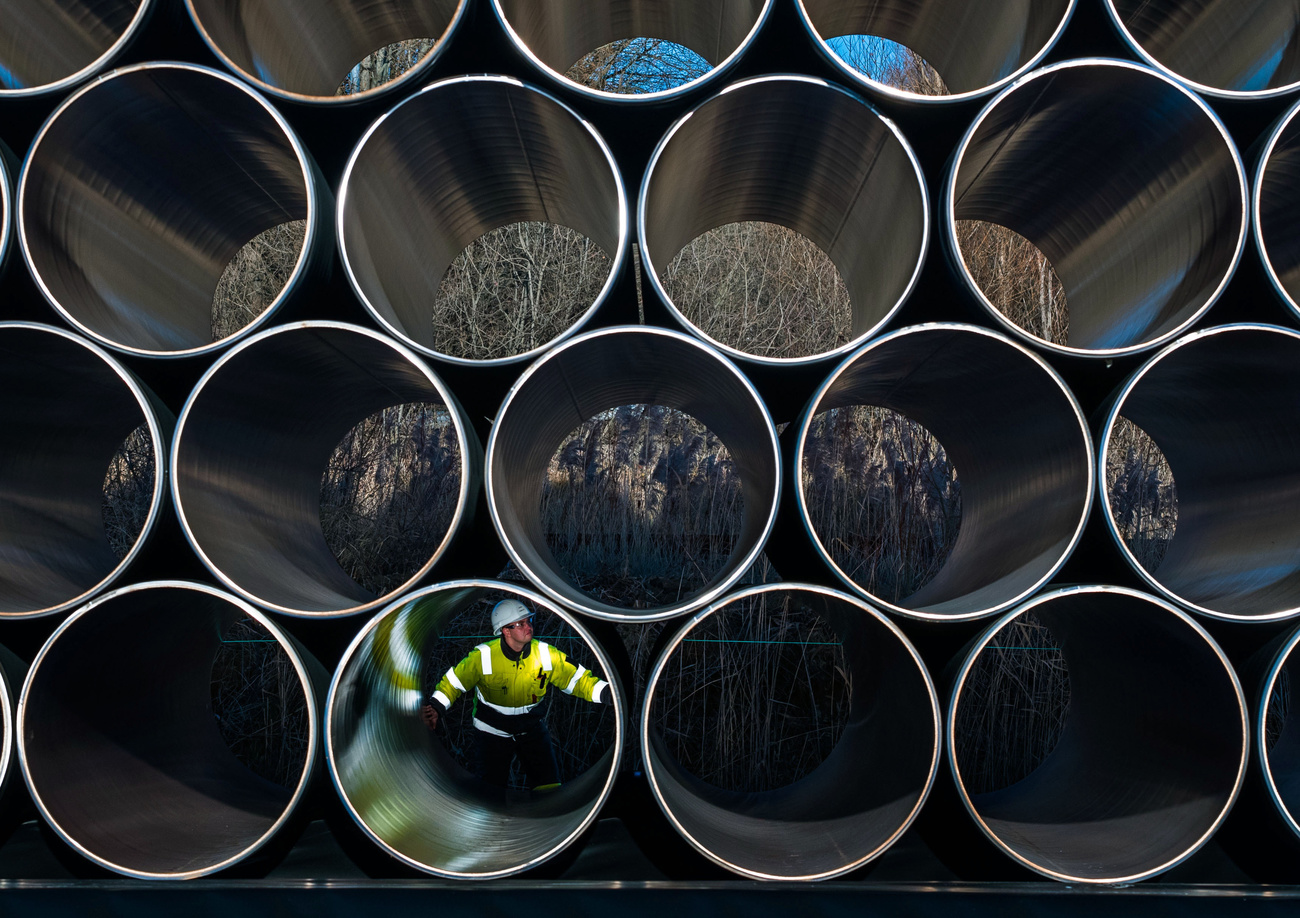
The energy crisis in Europe continues to make headlines in Switzerland. This was reflected in the Sunday press which focused on German pressure on Switzerland to implement a gas saving plan, a petition to speed up hydroelectric projects and a spike in Swiss demand for electric heaters in anticipation of a difficult winter.
European Union energy ministers from 27 member states have agreed on a voluntary 15$ reduction usage over the winter. That could become mandatory if Moscow orders a complete shutdown of Russian gas to Europe, a possibility with diplomatic relations frayed over the Kremlin’s war against Ukraine.
Switzerland should also participate in the voluntary reduction of its gas consumption by 15% between August 2022 and March 2023, warns Germany’s ministry of economy and climate protection in a NZZ am Sonntag report. If Germany were to experience a critical situation, Swiss regions supplied by Germany would also be affected. The St. Gallen Rheintal region and canton Graubunden source their gas exclusively and directly from Germany.
Assessing options
Swiss Energy Minister Simonetta Sommaruga said Thursday that she was in favor of Swiss participation in the European gas saving plan. Her department told the NZZ am Sonntag that it was coordinating with the Federal Department of Economic Affairs to put in place voluntary measures corresponding to those of the EU.
In order to face the energy crisis, the Zurich section of the Radical-Liberal Party is launching a petition so that the projects for new hydroelectric facilities with government approval be implemented without delay, Le Matin Dimanche reported. Bern has identified 15 dam projects that could boost Switzerland’s hydroelectric production by more than 5%. In the long term, these installations should produce two terawatt hours (TWh) of additional electricity.
“We ask that these fifteen projects be implemented immediately,” says parliamentarian Philippe Nantermod the newspaper. According to him, the implementation must be done by a federal law, which can be passed within ten months and which will open the way to a possible referendum. “But we are not going to wait ten years and risk going back to candlelight or stopping the elevators,” he says.
After several weeks of intense work to avoid a gas shortage in Switzerland, the government still does not know how much gas reserves suppliers may have built up abroad, according to the SonntagsBlick. “We do not have the desired data,” the Energy Ministry told the newspaper. According to Thomas Hegglin, spokesman for the Swiss Gas Industry Association (SVGW), gas suppliers have reached the target of building up gas reserves of between 75 and 100%. They are “on track to secure options for additional non-Russian gas deliveries by November”, he added.
Panic buying
Meanwhile, the Swiss are rushing to buy electric heaters for fear of being cold next winter, the SonntagsZeitung reported. The online retailer Digitec Galaxus says demand has spiked, sales jumped by 370% in June compared to June 2021 and by 470% in July.
The use of all these heaters would have adverse consequences for the electricity supply, warns Michael Frank, head of the Association of Swiss Electrical Companies, in the newspaper. If emergency electric heaters replace gas heatersl he explains, ”electricity consumption will increase massively, while the situation is already tense.”

In compliance with the JTI standards
More: SWI swissinfo.ch certified by the Journalism Trust Initiative









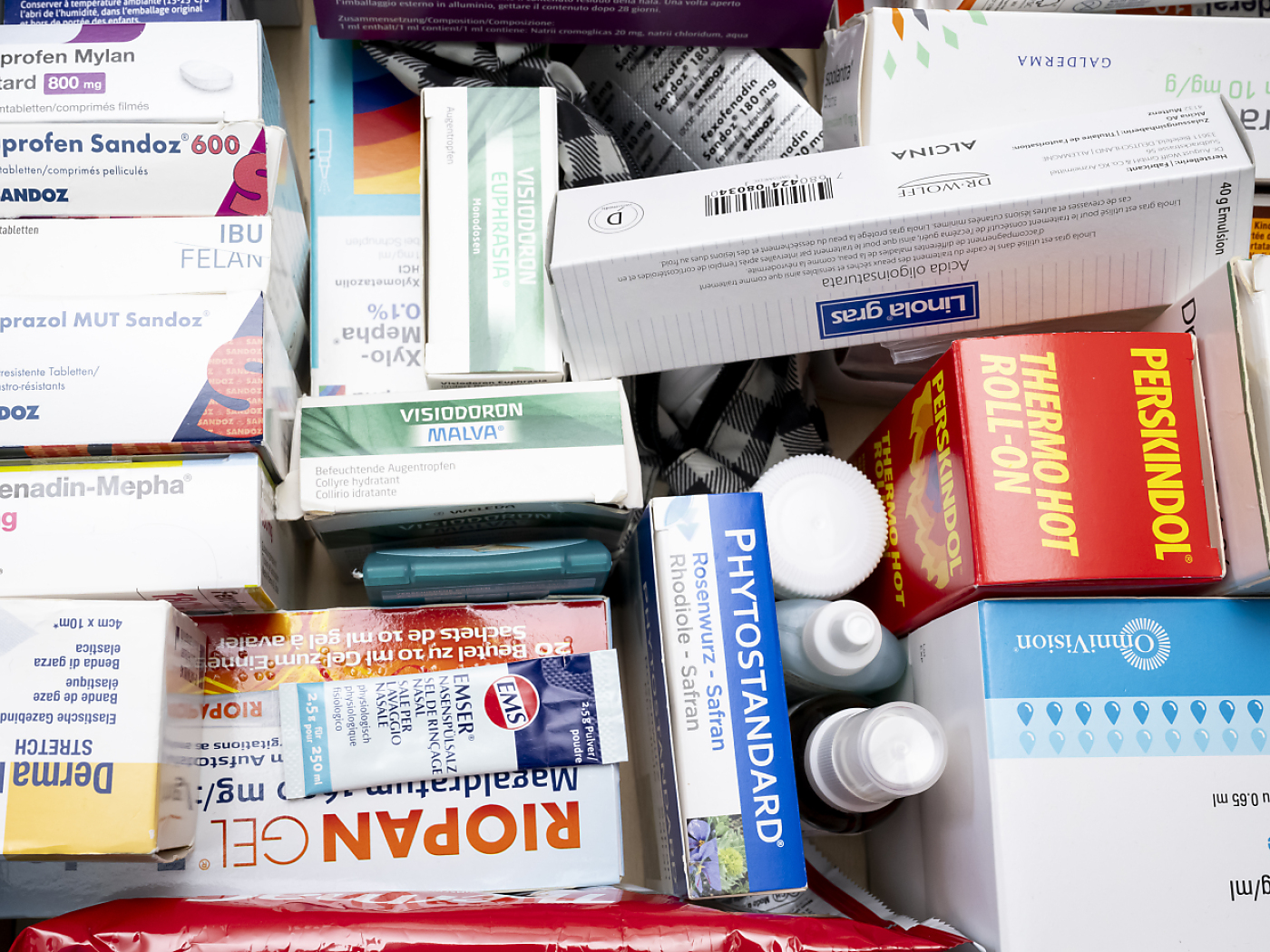
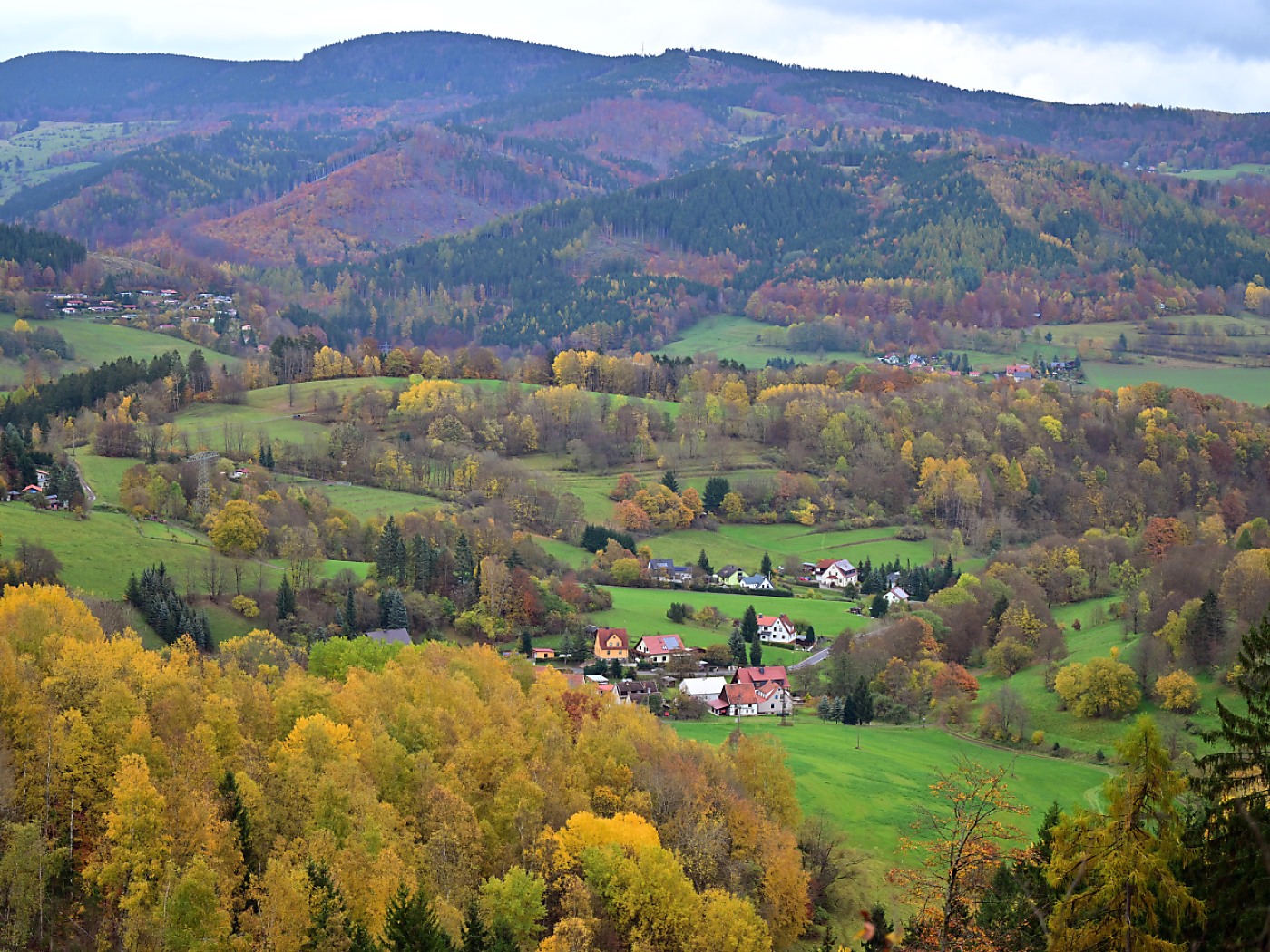
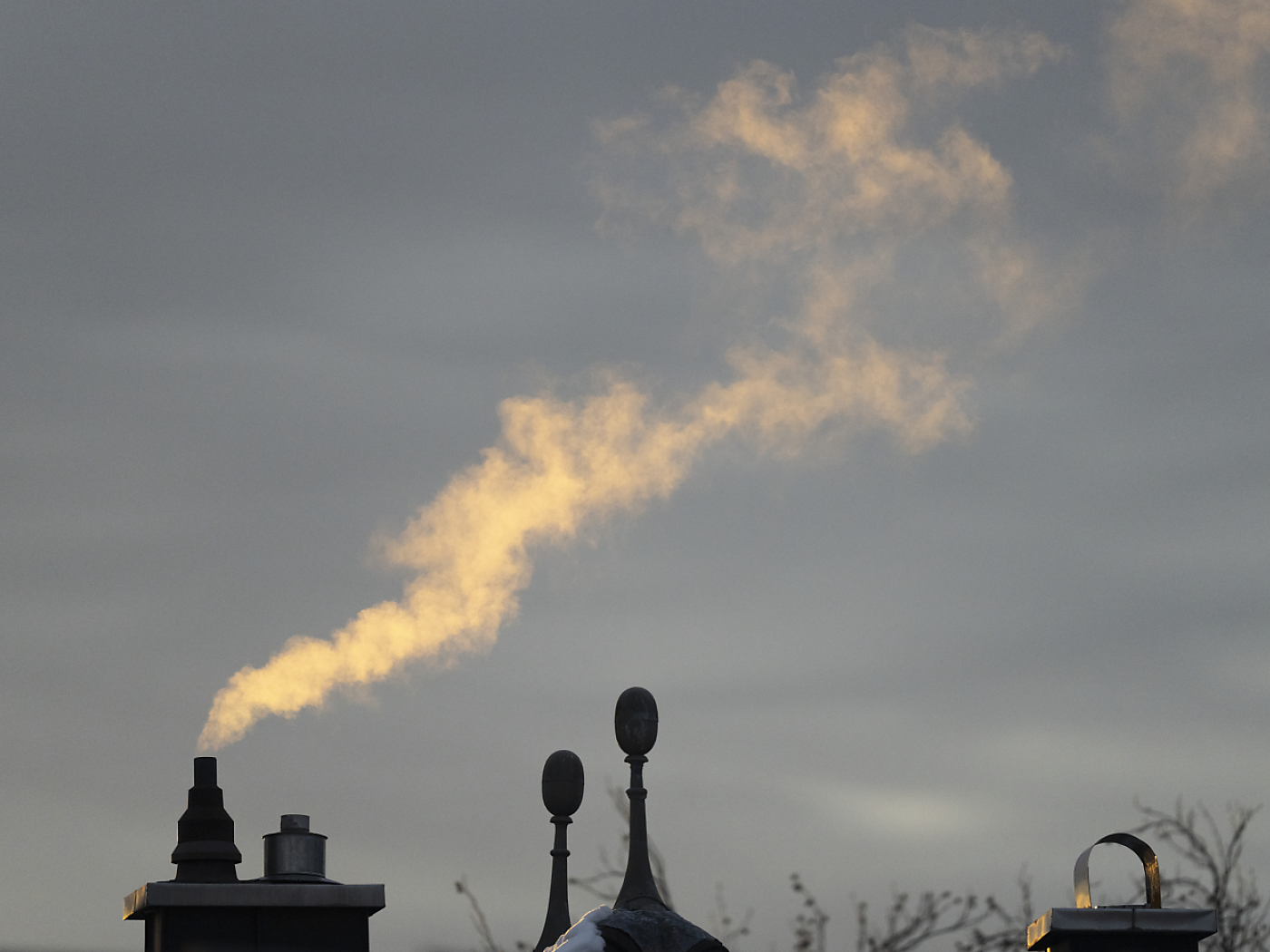

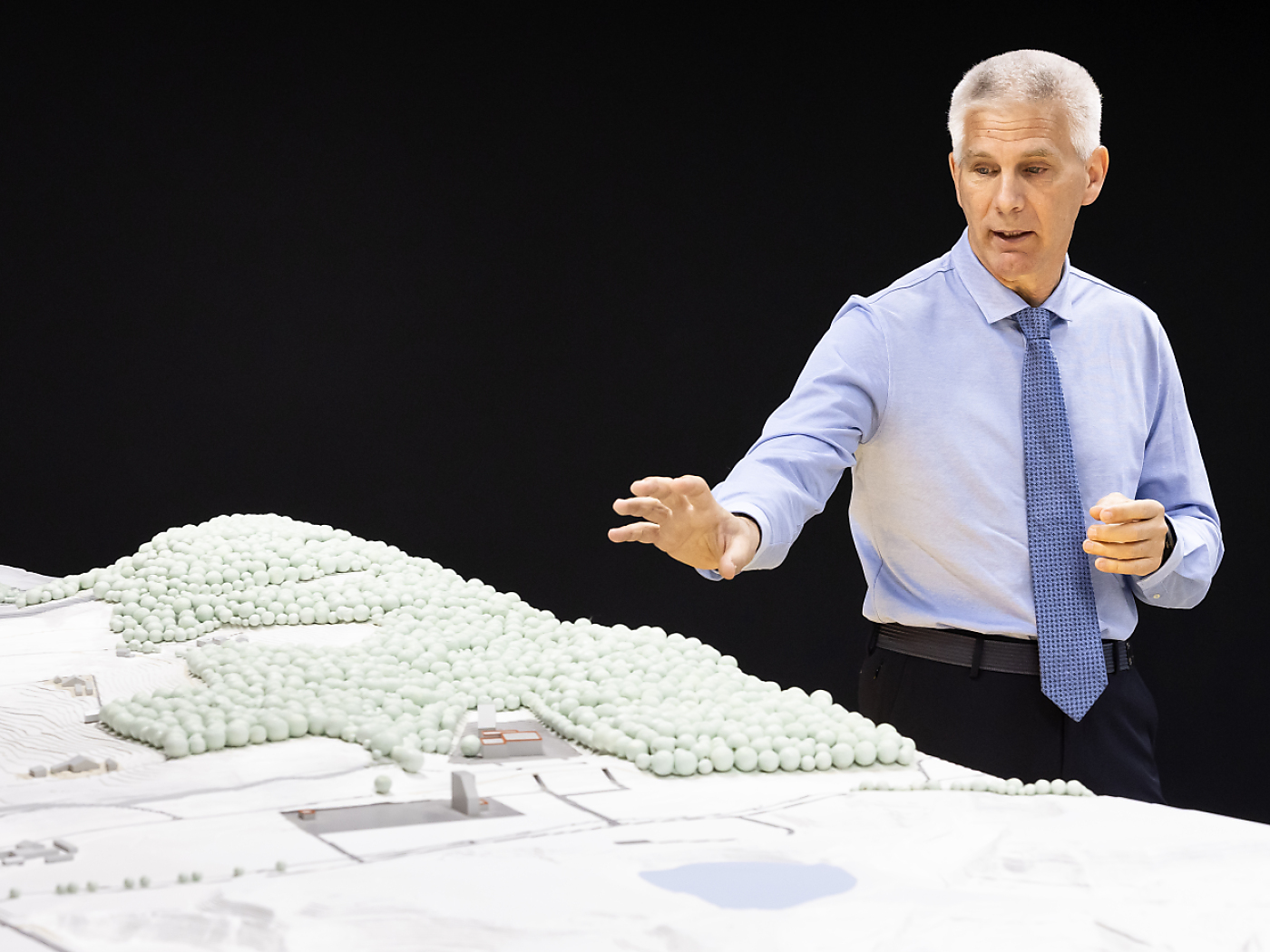
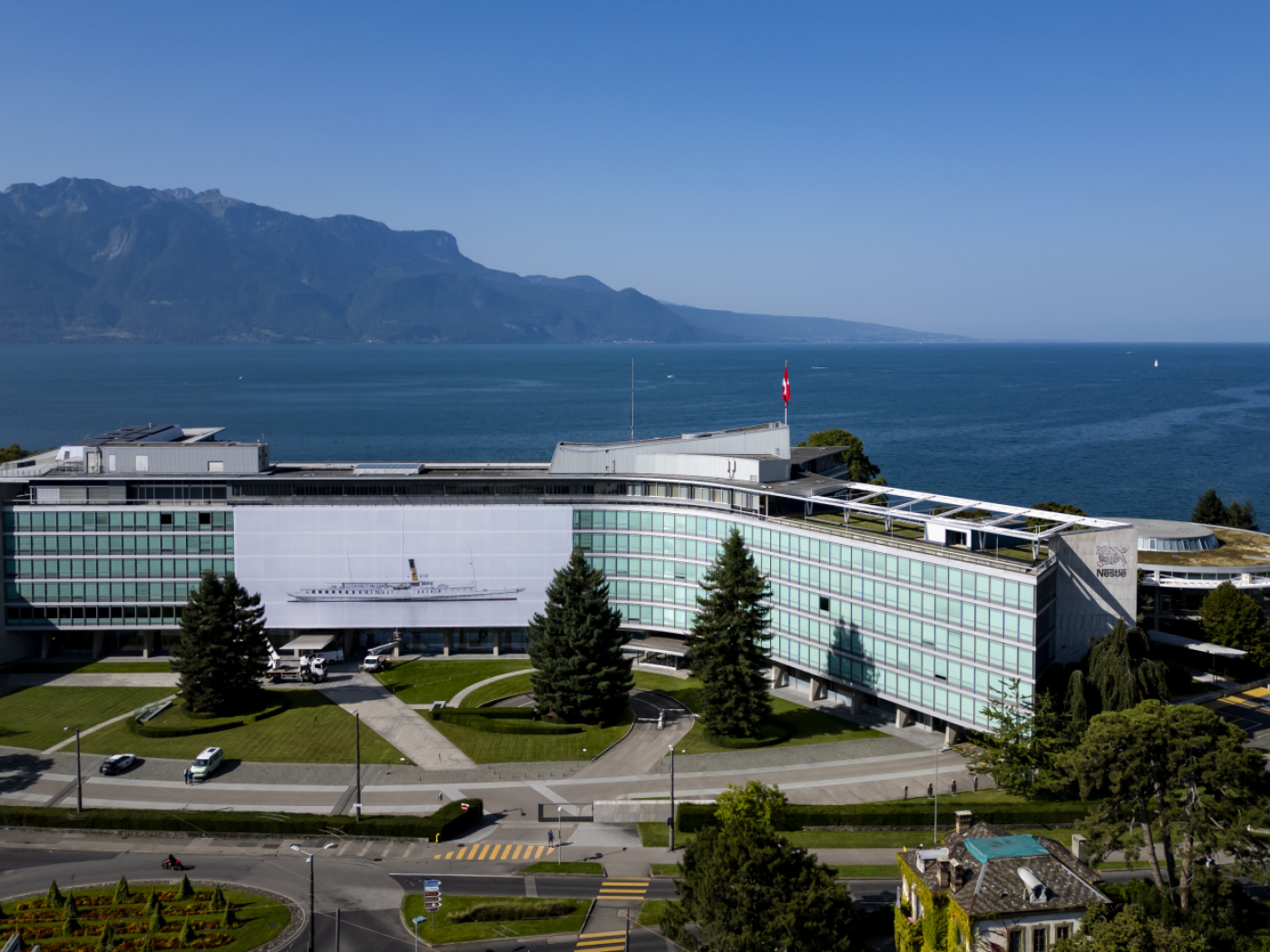
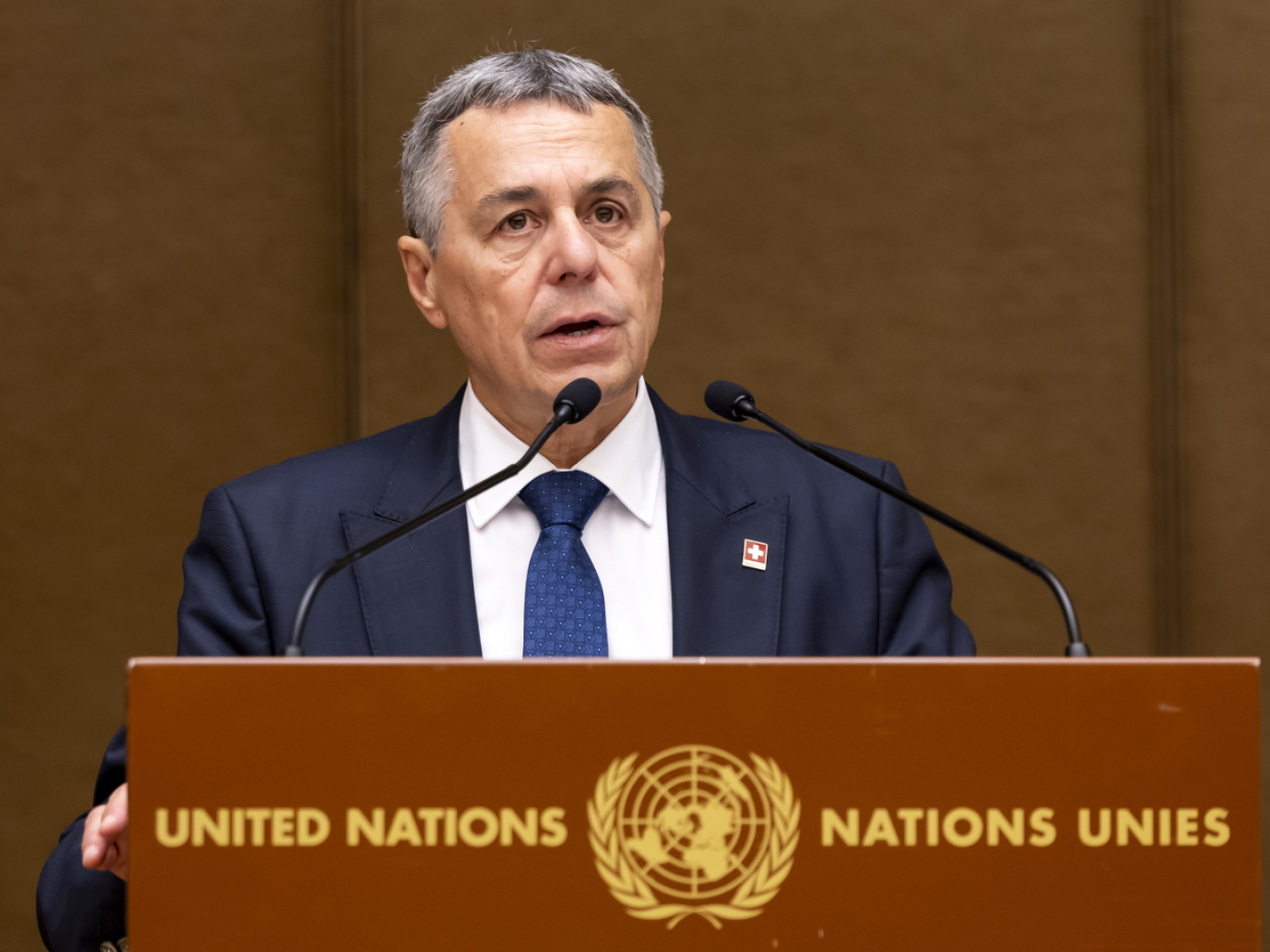
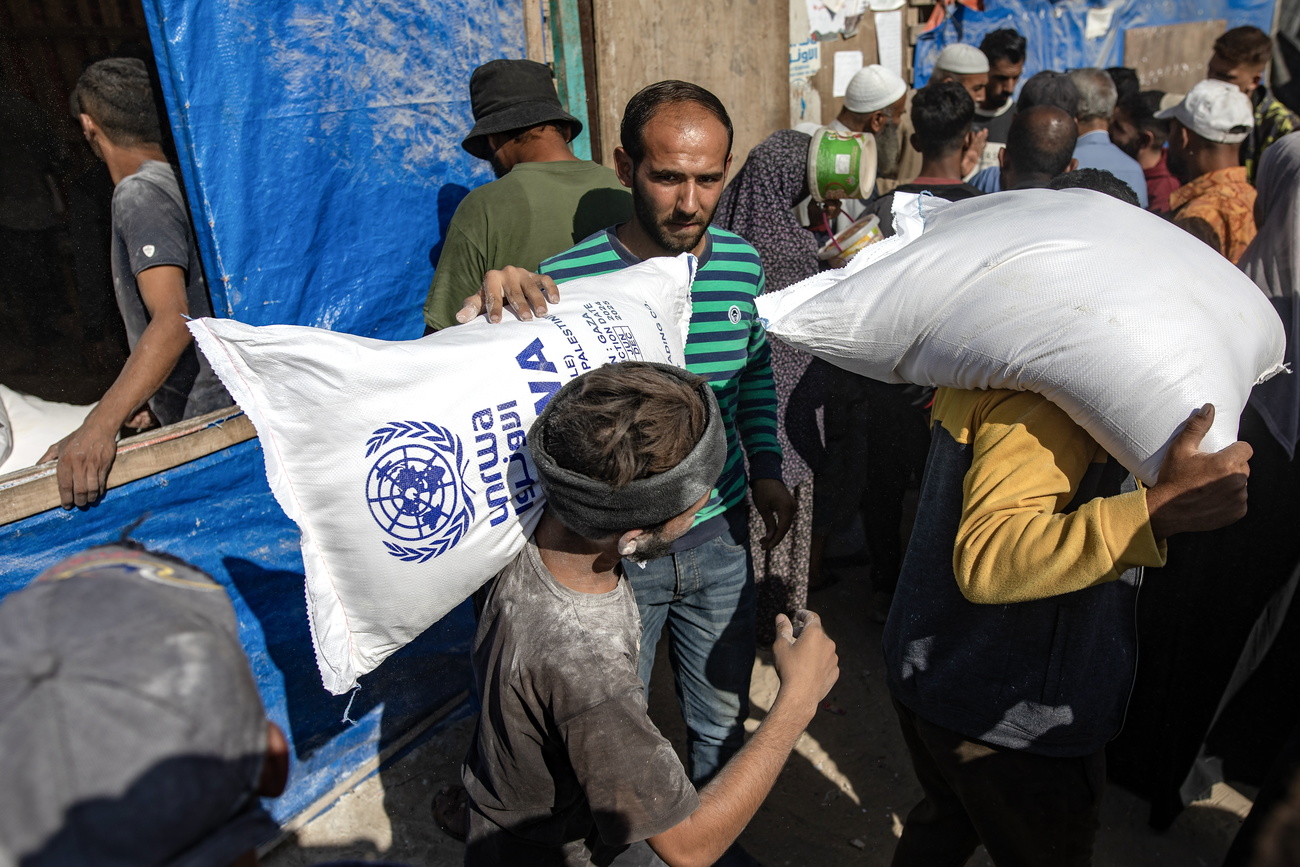



You can find an overview of ongoing debates with our journalists here . Please join us!
If you want to start a conversation about a topic raised in this article or want to report factual errors, email us at english@swissinfo.ch.